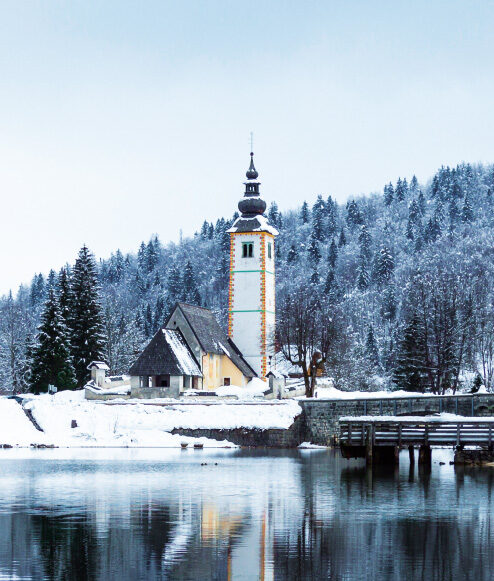The issue of antimicrobial resistance in the aquatic environment of the Czech Republic
Antimicrobial resistance (AMR) has emerged as a high priority global problem in recent decades. Its severity lies in the critically increasing number of pathogenic bacteria that carry resistance genes to previously common antibiotics, making them a health threat. The emergence of resistance is a consequence of the long-term misuse of antibiotics in human medicine and veterinary praxis (with the most significant contribution from developing countries). In 2017, the UN warned that the issue is not limited to these areas and that the environment can also be a significant reservoir and vector for the spread of AMR. The issue has been included in the „One Health“ initiative, which is based on a collaborative approach to combat AMR across the health, agriculture and environment sectors. AMR enters the aquatic environment in the form of resistant bacterial strains (ARB) or resistance genes (ARG) shed by patients through municipal wastewater treatment plants (WWTPs), runoff or agricultural wastes.
